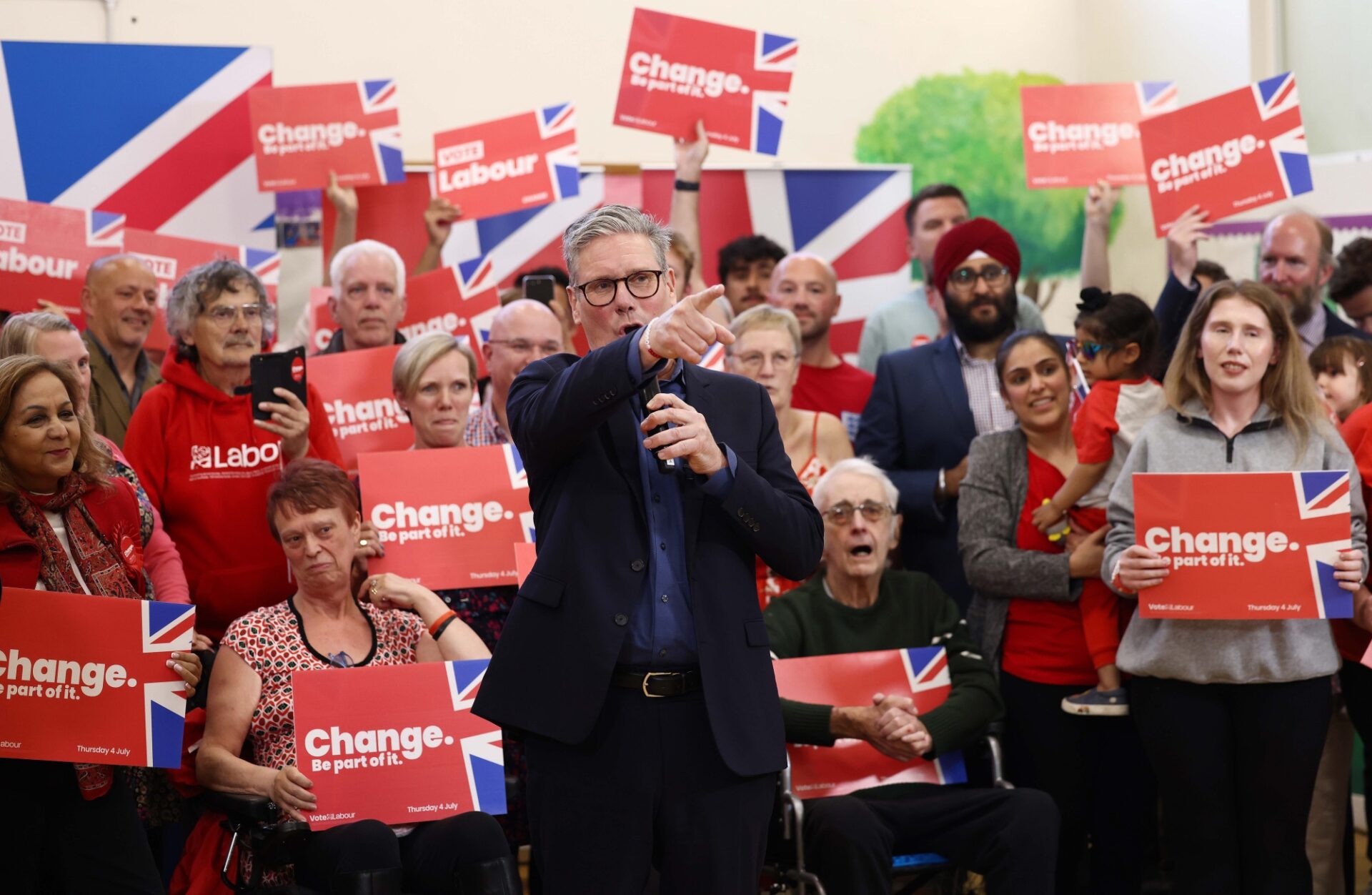Traditionally, UK Labour party is more Africa-centric compared to the Conservative party. And expectations are that Keir Starmer the new Labour Party Prime Minister, will revive this relationship.
While the international focus is still dominated by foreign affairs: Ukraine – Israel conflict with Hamas – upcoming US election and China ambitions on Taiwan, the current Labour government led par PM Starmer will hopefully continue to pledge more fundings to Africa beyond the current £ 84 million in foreign aid to help stop irregular migration in the UK.
The Conservative Party scars on this UK-Africa relation.
After Tony Blair’s term in office as prime minister, the party has been criticised for its lack of international vision. But the current Foreign Affairs Secretary David Lindon Lammy, with his Guyana background, has worked in the past with Tony Blair and Gordon Brown from 2002 in different junior ministerial positions. There are reasons to believe, he will revitalize the UK-Africa axis.
The British Conservative Party fourteen years in power has left scars on this UK-Africa relation.
The former Department for International Development – DFID – has closed since September 2020. The department was instrumental in supporting the UK cooperation with Africa. And DFID regional programmes in Africa has made a significant difference in many African countries.
The Commission for Africa, also called the Tony Blair Commission for Africa, was an initiative established by the British government to examine and provide impetus for development in Africa. And this commission has also stopped working and we recall that its key principles was “the development should not be about aid alone and had to be about partnership and governance”. Can a re-ignition be triggered once again by the Labour party in strengthening the UK-Africa connexion?
A coherent Africa Policy needed.
While still in opposition, Keir Starmer knew that he will need to reverse, when he takes office, the Conservative Party’s lack of a coherent Africa Policy. He encouraged at the time, his shadow foreign secretary David Lammy to visit Africa and to start brainstorming with specialists from different think tanks, and in a March 2023 publication, titled “Britain Reconnected: A Foreign Policy for Security and Prosperity at Home” Lammy wrote: ‘It would be a huge mistake for Labour to overlook the importance of Africa” adding that the continent is poised to experience “the most significant population growth in the coming decades”.
Notwithstanding the challenges of the international affairs, it is expected that with the Labour Party back to power, the priorities might shift slightly towards Africa. The party has prepared for that, holding talks with many experts and specialists of Africa inside and outside UK. This is why David Lammy stated:” We will develop new initiatives to build dynamic partnership with African nations, recognising the continent’s vast trajectory for growth”. And the Labour party manifesto echoed this view: “recognising the growing political and economic importance of African countries, we will deliver a new approach to the continent to foster opportunities for mutual long-term benefit.”
The necessity to reshape UK Africa policy.
Successive Conservative governments in the recent past, were keen also to increase trade and business opportunities with countries across the Africa. In January 2020, Prime Minister Boris Johnson’s government held the first UK-Africa investment summit to “ensure the continent’s growing demand for investment is met by the UK’s expertise and innovation”. But later, PM Rishi Sunak who was planning to hold the second UK-Africa investment summit in April 2024, decided in the light of domestic affairs’ pressure, to postpone indefinitely the summit with no new date announced.
It will not be a surprise to see a similar summit or forum organised by the current new Labour government.
In 2024, ten of the fifteen fastest growing economies in the world are African, according to Visual Capitalist one of the growing online global publishers. Among those countries, there are: Niger – Senegal – Libya – Rwanda – Cote-d’Ivoire – Burkina Faso – Benin – The Gambia – Ethiopia – and Tanzania. This is based on GDP growth forecasts from the IMF’s October 2023 World Economic Outlook.
UK means business in Africa.
And of course, the United Kingdom will plan to tap into this. This is why Anneliese Jane Dodds, Minister of State for Development and for Women and Equalities said that “the UK is committed to reconnecting with African countries, listening to our African partners and putting trade and growth at the heart of our partnerships”.
A new dawn is rising in the UK-Africa Relations with hope in both sides. After the Brexit, UK is keen to diversify and boost its cooperation with more global South countries and this include Africa. UK should once again become an advocate for African development and promote strong trade and investment ties in a win-win spirit. But Keir Starmer needs to prepare and outline a clear policy strategy for Africa that will drive this cooperation.
Sources:
- https://lordslibrary.parliament.uk/
- https://labour.org.uk/change/kickstart-economic-growth/
- African Business
- The Africa report
- The New Statement
- Africa Renewal
- Reuters

